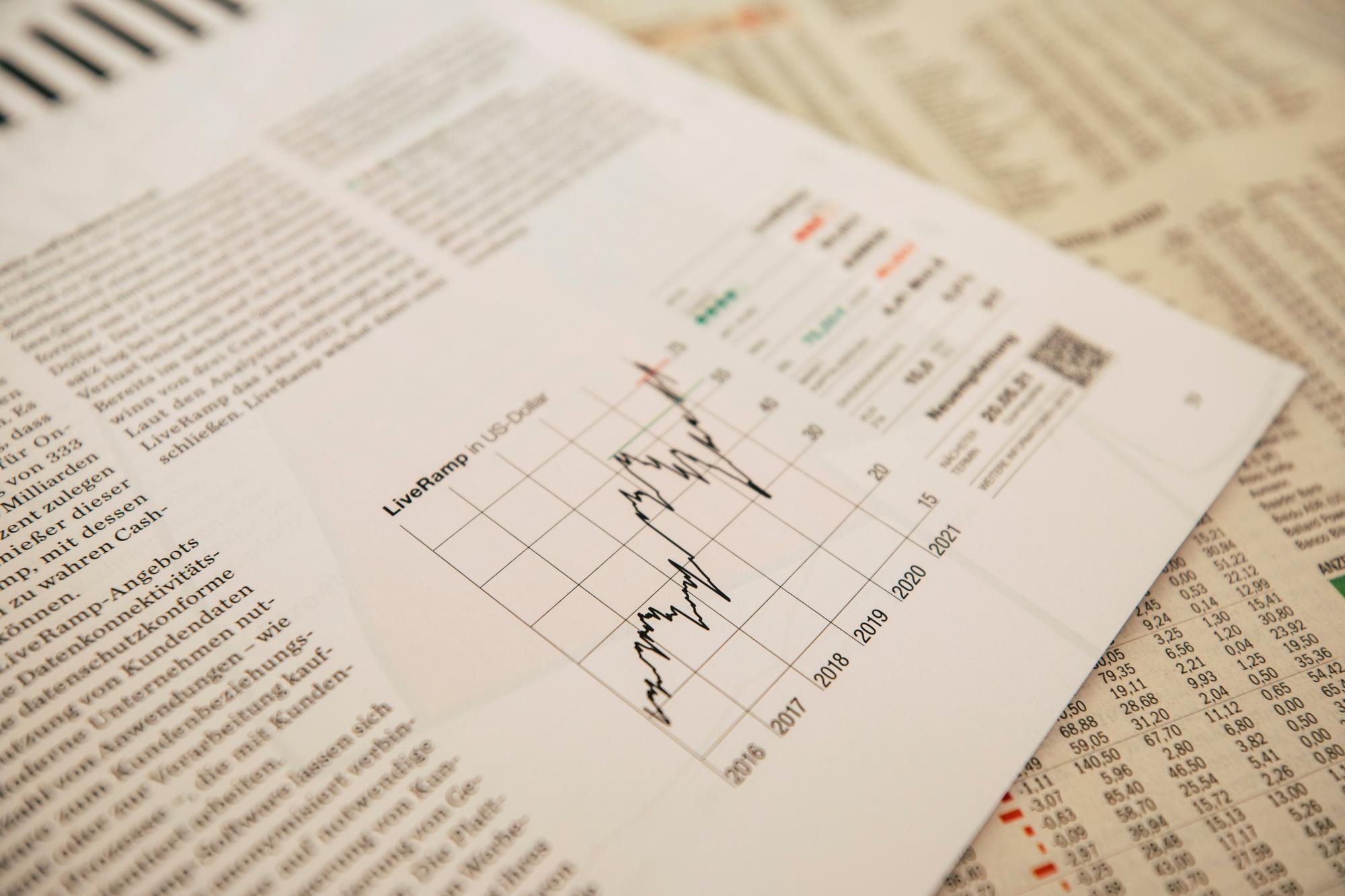Test- FTSE 100 Kicks Off August on a High as BP and Senior Lead Market Momentum
$11
10 Oct 2025, 13:13

Unsplash.com

Interest rate traders are placing bets that monetary easing will start in the middle of 2024 and that the world's sharpest tightening cycle in a generation is over.
According to data published by Bloomberg, swaps indicate the average cash rate for developed economies will remain stable over the next six months—the first time in the past two years that they are not pricing in a raise during that time. Additionally, they project a 50 basis point drop in the total rate in less than a year—the largest ease since the pandemic
Bond prices have recovered this month across Europe, the US, and Australia as traders believe that central banks may soon decide to stop monetary tightening as price pressures decrease. It's a dangerous play, to be sure, as prior bets to that effect were lost when inflation turned out to be stickier than expected and recessionary predictions didn't come true.
After hitting a 16-year high last month, 10-year Treasury rates have dropped more than half a percentage point to 4.5% as the Federal Reserve hinted it might be done hiking borrowing costs. Australian rates with a similar maturity fell more than 40 basis points in November following the central bank's indication of a greater barrier to more tightening.
Even as the Reserve Bank of Australia increased borrowing costs this week and the Bank of Japan set the stage for a reduction in stimulus, the prognosis for cash rates across global markets has changed. Even if the RBA hikes rates in the middle of 2024, speculators in interest rates are wagering that the Australian cash rate will remain the same in a year.
With markets pricing in a 68% possibility that the European Central Bank will cut rates at its April meeting, it is thought to be the most likely institution to initiate the lowering cycle.
Francois Villeroy de Galhau, a member of the ECB Governing Council, stated earlier today that it is premature to discuss a rate reduction and that one will only be discussed after "everyone is convinced that inflation will come back to 2%."
(Sources: bloomberg.com)